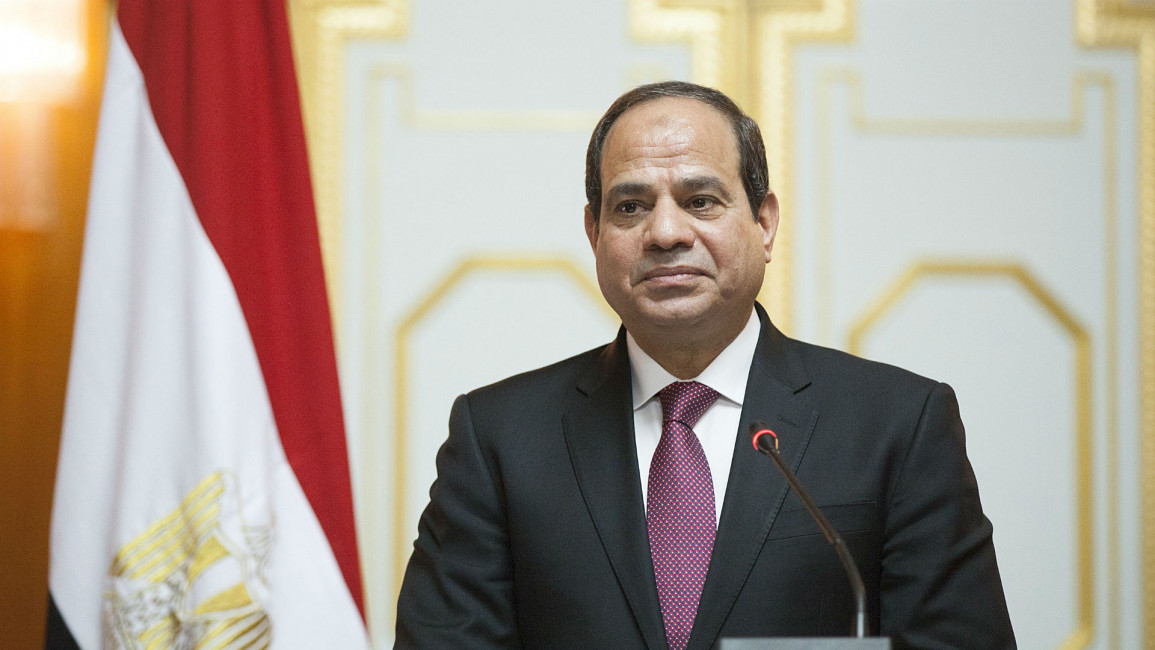Egypt secretly planned to produce rockets for Russia: report
Egyptian President Abdel Fattah al-Sisi secretly planned in February to produce rockets for Russia amid its invasion of Ukraine, according to leaked US documents.
Sisi intended to produce 40,000 rockets for the heavily-sanctioned country and instructed officials to keep it a secret to "avoid problems with the West", the Washington Post reported a leaked US intelligence document as saying.
Egypt is one of the US's closest allies in the Middle East, and receives over $1 billion per year in security aid from the United States, even though Sisi has been accused by global and national rights groups of overseeing Egypt’s worst human rights crackdown in decades.
Cairo however maintains that it is not involved in the Ukraine-Russia crisis.
"Egypt’s position from the beginning is based on non-involvement in this crisis and committing to maintain equal distance with both sides," the Washington Post quoted foreign ministry spokesperson Ahmed Abu Zeid as saying.
"We continue to urge both parties to cease hostilities and reach a political solution through negotiations," he added.
A US government official also told the newspaper they were "not aware" of the execution of Egypt's alleged plan, stating "we have not seen" the production initiative "happen".
This comes over 13 months into Russia’s invasion of Ukraine, as both sides seek to resupply their military equipment.
Classified documents that appeared online, with details including Ukraine's air defences, have US officials scrambling to identify the leak's source, with some experts saying it could be an American.
US officials said the investigation is in its early stages and those running it have not ruled out the possibility that pro-Russian elements were behind the leak.



